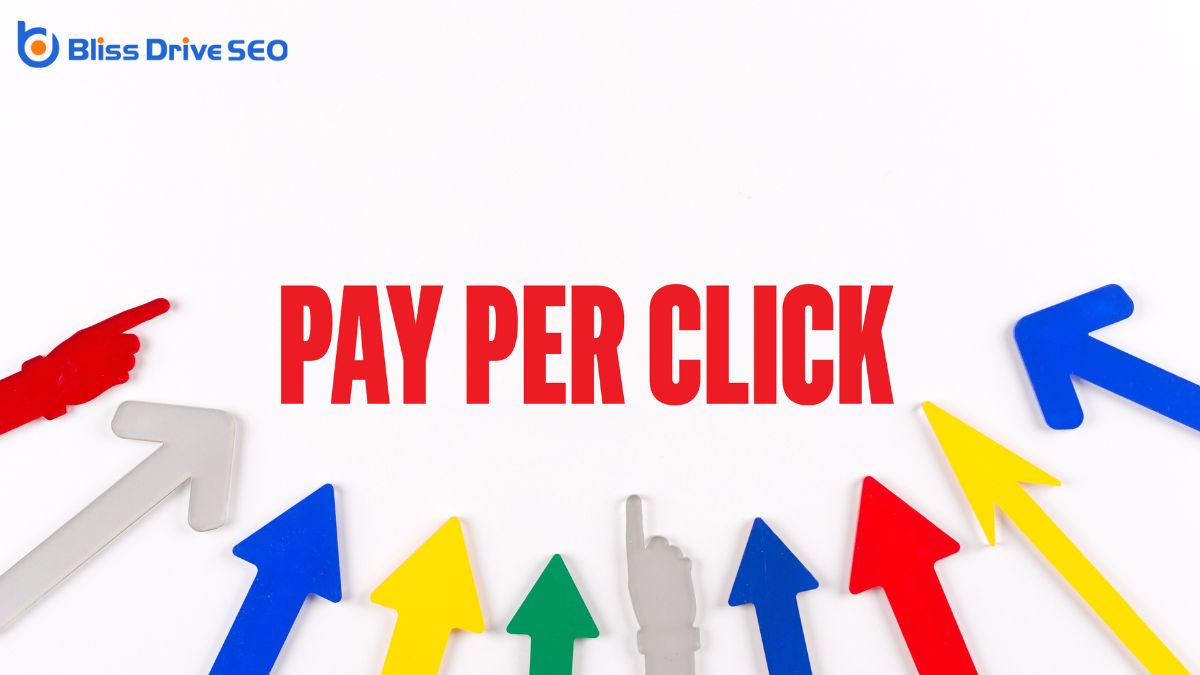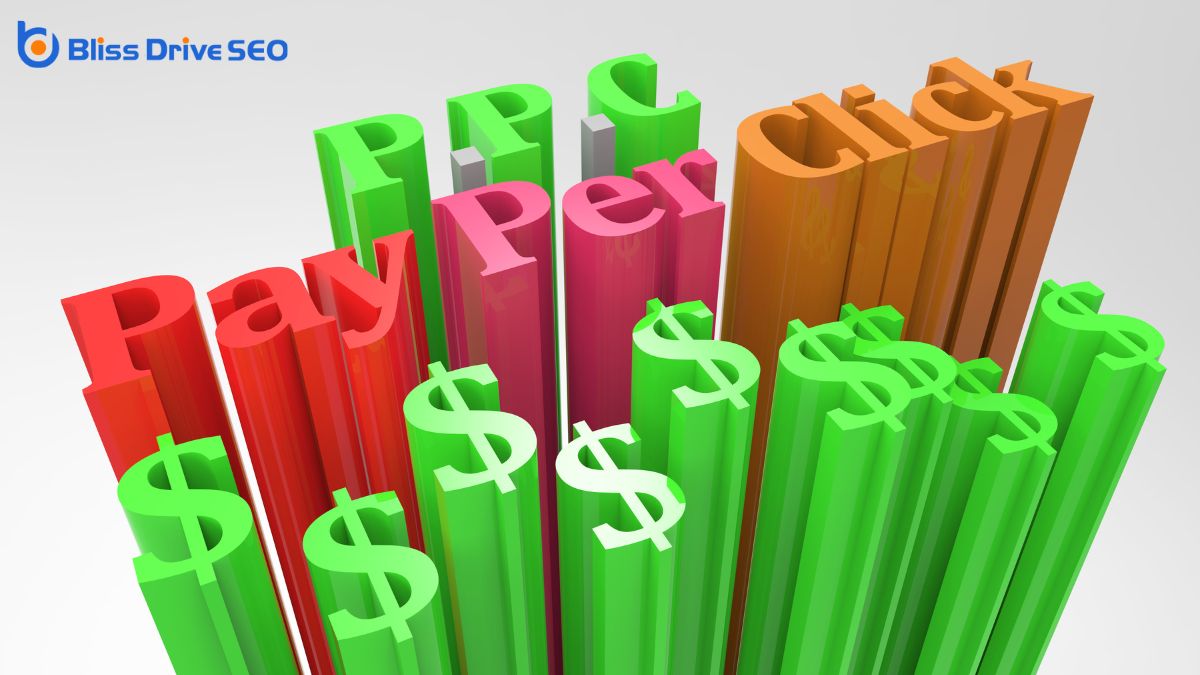Digital Marketing Services
Learn More About Us

PPC, or pay-per-click advertising, plays a crucial role in driving targeted traffic to your website. It allows you to place ads on platforms like Google and FacebookA social networking site where users can post comments, share photographs, and links to news or othe..., ensuring you pay only when someone clicks on them. You gain control over your budget, can effectively target your audience, and quickly adapt to changing consumer behaviors. With PPC, success is measurable, impacting your brand's visibility and sales. There's more to discover, enhancing your digital marketing strategies.
When diving into the world of digital marketing, understanding the basics of Pay-Per-Click (PPC)An online advertising model where advertisers pay a fee each time their ad is clicked. advertising is essential. PPC allows you to place ads on platforms like Google and Facebook, paying only when someone clicks on your ad. This gives you control over your budget and helps you target the right audience effectively.
You'll set a budget, choose keywordsWords or phrases that users type into search engines to find information. relevant to your audience, and create compelling ads. In PPC, the ad's position is determined by a bidding process alongside the ad's quality scoreA metric used by Google Ads to measure the relevance and quality of keywords and ads..
It's vital to monitor and adjust your campaigns to maximize return on investment. By analyzing data, you can refine your strategy, ensuring you reach your marketing goals.
Mastering PPC basics empowers you to drive traffic and enhance brand visibility efficiently.

Though digital marketing encompasses various strategies, PPC stands out as a powerful tool that seamlessly integrates with other tactics to enhance overall marketing efforts.
By combining PPC with SEO, you can increase visibility on search engines. While SEO builds organic presence over time, PPC delivers immediate results, putting your business in front of potential customers right away.
PPC also complements social media marketingThe use of social media platforms to promote products or services, engage with audiences, and build ... by driving traffic to your profiles, helping you grow and engage your audience.
In email marketingThe use of email to promote products or services, build relationships with potential customers, and ..., PPC ads can target specific segments, reinforcing your message and encouraging conversions.
Plus, with content marketingA strategic approach focused on creating and distributing valuable, relevant, and consistent content..., PPC promotes valuable content to a broader audience, increasing engagementThe interactions that users have with a brand’s content on social media. and brand authority.
As consumer behaviors evolve rapidly in the digital age, PPC offers an agile solution to keep pace with these changes. You can quickly adapt your campaigns to reflect shifting trends and preferences.
Is there a sudden interest in eco-friendly products? Adjust your keywords and ad copyThe text or content of an advertisement. to highlight sustainability. With PPC, you're not stuck waiting for lengthy updates. Real-time data allows you to modify bids, target new demographics, or test creative elements without delay.
Moreover, PPC platforms provide insights into consumer behavior, showing you which ads resonate most. By understanding what appeals to your audience, you can make informed decisions about future campaigns.
Ultimately, PPC keeps you flexible and responsive, ensuring you meet your audience's needs as they arise.
Measuring success in PPC campaigns involves more than just tracking clicks and conversions. You need to dive deeper into metrics like click-through rate (CTR)The percentage of users who click on a specific link or CTA., cost per click (CPC), and return on ad spend (ROAS)A metric that measures the revenue generated for every dollar spent on advertising..
These metrics help you understand how effectively your ads engage potential customers and whether you're getting a good return on investment.
Don't overlook the importance of quality score, which affects your ad's visibility and cost. A higher score means your ad is more relevant, often resulting in lower costs and better performance.
Analyze user behavior on your landing pages. High bounce rates might indicate a disconnect between your ad and landing pageThe web page a user is directed to after clicking on an affiliate link, optimized for conversions. content.

PPC advertising can be a powerful tool to help you achieve your business objectives. By targeting specific keywords, you can drive high-quality traffic to your website. This means reaching potential customers actively searching for what you offerThe specific product or service being promoted by affiliates..
With PPC, you control your budget and can adjust your strategies swiftly, ensuring you stay aligned with your business goals. It's all about getting the right message in front of the right people at the right time.
You can use PPC to increase brand awarenessThe extent to which consumers are familiar with the qualities or image of a particular brand., generate leads, or boost sales. Tailor your campaigns to match your objectives, whether it's launching a new product or entering a new market.
With careful planning and ongoing optimization, PPC can deliver measurable results, giving your business a competitive edge.
In summary, you'll find that PPC plays an essential role in your digital marketing strategy. It complements other tactics, allowing you to adapt swiftly to changing consumer behaviors. By leveraging PPC, you can effectively achieve your business objectives. Don't forget to measure your success by analyzing PPC performance regularly. This way, you'll guarantee your campaigns are on track and providing the best return on investment. Embrace PPC as a dynamic tool to drive growth and visibility.
